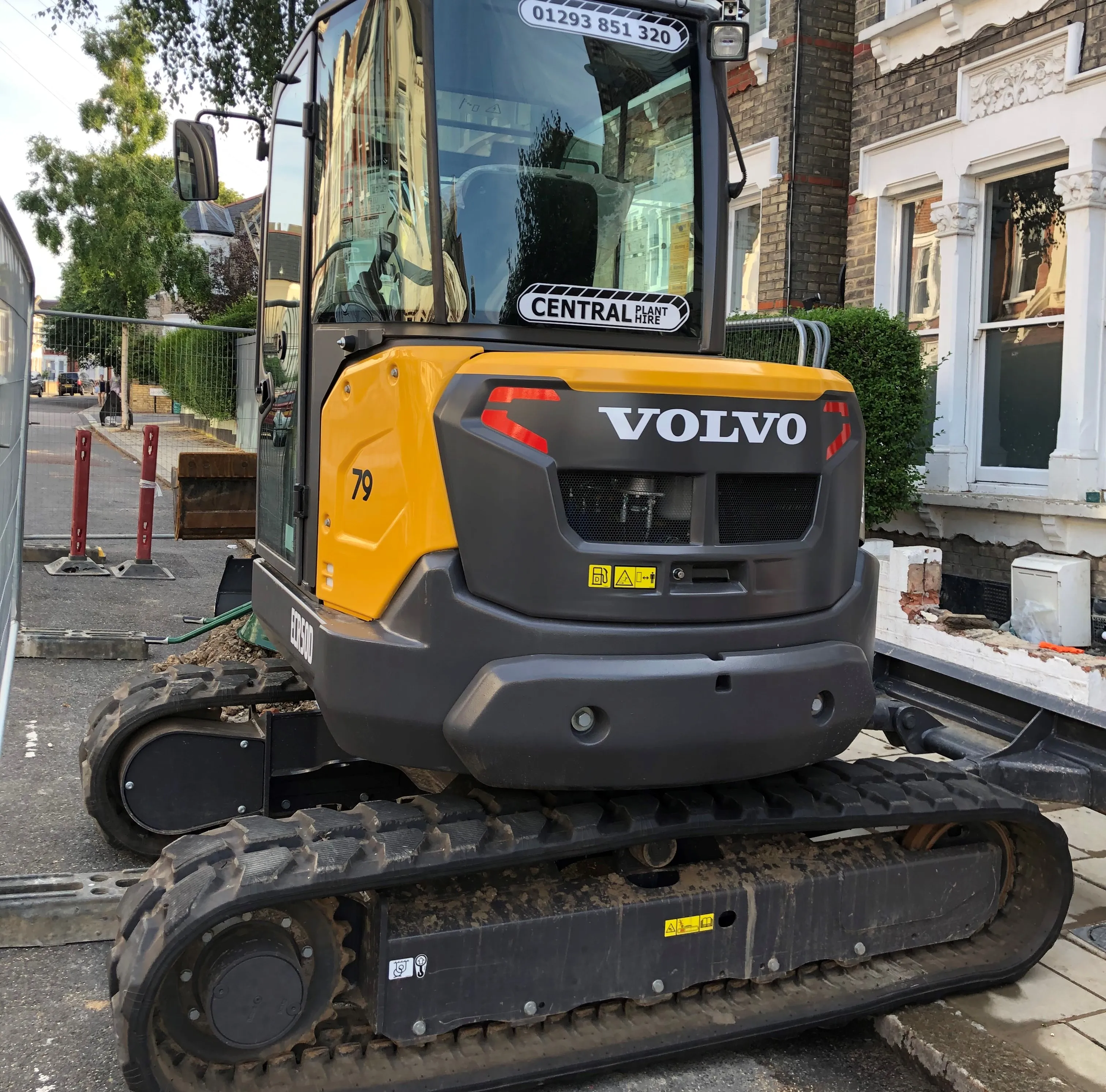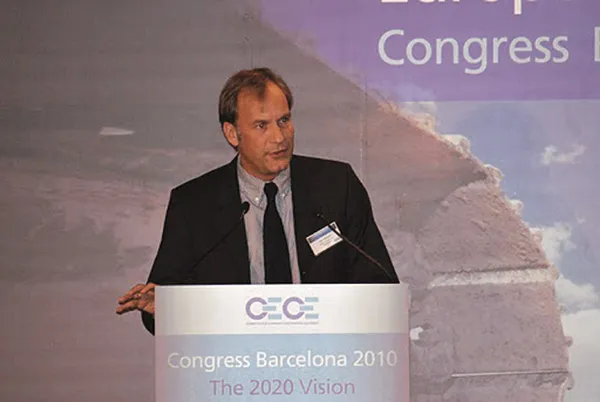The European association of construction machinery manufacturers (CECE) states that 2018 was the strongest year for the construction equipment sector since the economic crisis. CECE’s figures show that sales on the European market grew by 11% and the absolute market levels are now only 10% below the 2007 peak.
Enrico Prandini, CECE president, said: “The European construction equipment industry can continue its business in a positive mood. The key for the future is market stability with a soft landing expected in 2019.”
“For a long time, CECE has been working to ensure that European politicians and policymakers create better conditions for the construction machinery industry” said Riccardo Viaggi, secretary general of CECE. The European construction equipment industry comprises 1,200 companies from highly specialised SMEs to large European and multinational companies, with revenues of around €40 billion and 300,000 employees.
Introducing the CECE Elections Manifesto, CECE called on the European Parliament, when appointing the European Commissioners for the new 2019-2024 legislature, to ensure that they include industry among their top 5 priorities. Putting industry at the centre of the political debate is key in order to deliver on the much-needed ambition of the EU to have a forward looking Industrial Policy Strategy. European policies around the European Single Market, environmental sustainability, digitalisation and international trade are the major points of interest for the construction sector.
CECE’s strong figures for construction machine sales
CECE at bauma presents latest figures and plans for next 5-years EU legislative term
The European association of construction machinery manufacturers (CECE) states that 2018 was the strongest year for the construction equipment sector since the economic crisis. CECE’s figures show that sales on the European market grew by 11% and the absolute market levels are now only 10% below the 2007 peak.
Enrico Prandini, CECE president, said: “The European construction equipment industry can continue its business in
April 15, 2019
Read time: 2 mins








